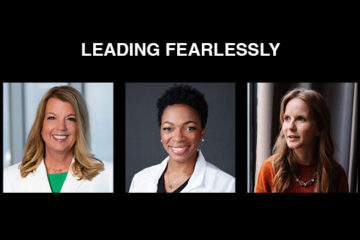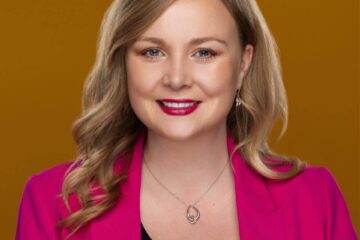As told to Emily Kestel
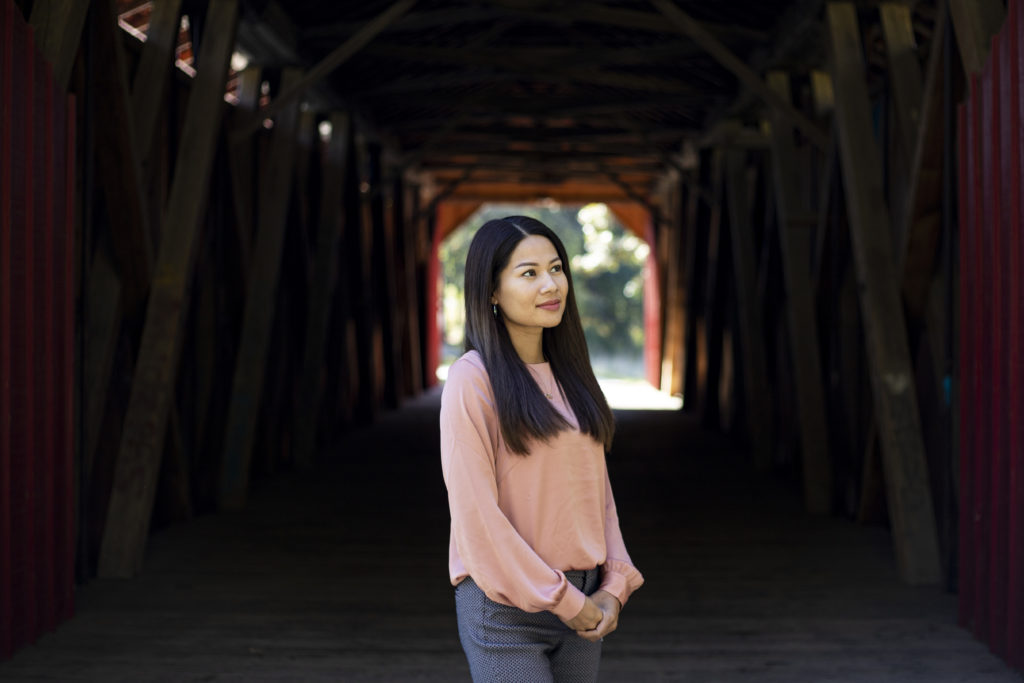
Dalia Kyi is the founder and owner of Unuhe, an interpreting business that specializes in Karen, Karenni, Burmese and Chin languages. She was born in Myanmar (Burma) and moved with her family to the Mae La refugee camp in Thailand to flee the war. Kyi spent 10 years in the camp before moving to the United States. She lives in Des Moines.
The following story has been formatted to be entirely in her own words, and has been edited and condensed for clarity.
We went to the refugee camp when I was 3 years old. I’m the youngest in my family and I’m the only girl. I have four brothers. My dad passed away when I was 6, so I was basically raised by a single mom.
Life at the refugee camp was really challenging. You live in fear. Sometimes you’d hear threats from the Burmese military that they were going to bomb the camp. You don’t have running water or electricity, and the education system is very limited. The houses are made of bamboo and the roofs are made of leaves. We had a kitchen, bedroom and a living room. It wasn’t anything fancy. You receive food, but it’s barely enough.
My first memory of the camp was when my dad and his friends started building our house. We had been living in a house that was not completely finished. I remember looking up at the stars because we didn’t have a roof yet.
Five days a week, we would wake up and go to school from 8 a.m. to 4:30 p.m. The school was nothing fancy. You had six to eight people sharing one row of seating. You could barely write because there wasn’t enough space. We had a one-hour lunch break. I would run back home and eat something for lunch. I felt like I was running my whole life because my house and my school were far away from each other. Since we didn’t have electricity, we had to make sure we got our homework done before the sun went down. We couldn’t afford enough candles to study every night.
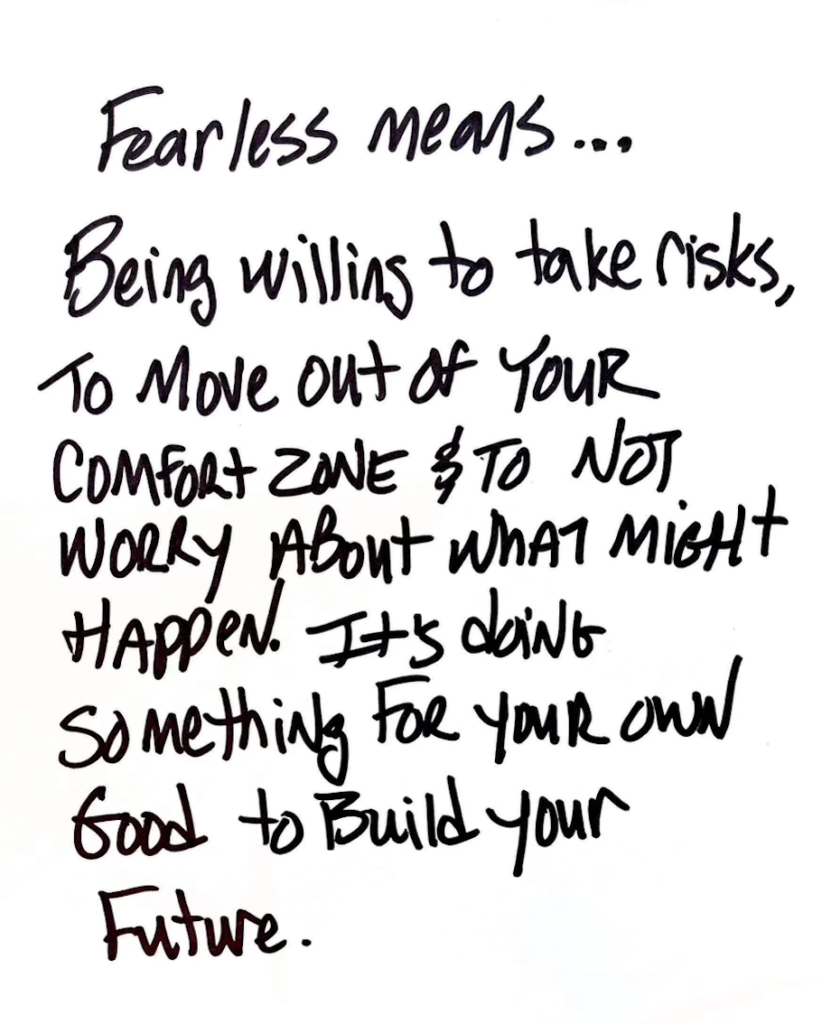
We moved to the U.S. in 2008. To come, we had to be recognized as a refugee by the government and had to go through a long interview process and a medical checkup.
We first went to Bangkok, then flew to Tokyo, then to New York, then to Chicago, then to Rockford, Ill. On the flight over, the only words we knew in English were milk and orange juice, so that’s all we could order.
We came here in the fall, and there were no leaves on the trees or they were dry and brown. That was my first impression of the U.S., that there were no leaves in this country.
When I came to Rockford, I thought everybody spoke so fast. When we learned “How. Are. You,” back at the camp, they were slow, but here, it was like “Howareyou.”
For a while, I was sad and depressed because I left friends at the refugee camp. I didn’t have any friends here. I remember feeling embarrassed, awkward and insecure at school because I didn’t speak the language. I stayed after school almost every day to catch up with homework because I didn’t know how to do the assignments. For every hour that my classmates spent on homework, I had to spend five or six. There were times that teachers would try and relate the material to Disney characters, but I couldn’t relate. I had no idea about the princesses or any of the characters.
I don’t think high school was the right place for me to learn English for the first time. A lot of kids used inappropriate words. One time I remember greeting my teacher with “What’s up?” because that’s how I heard my classmates say to each other in the hallway. My teacher told me, “Maybe ‘how are you’ is better.” I did pick up the language pretty fast, after a year or two.
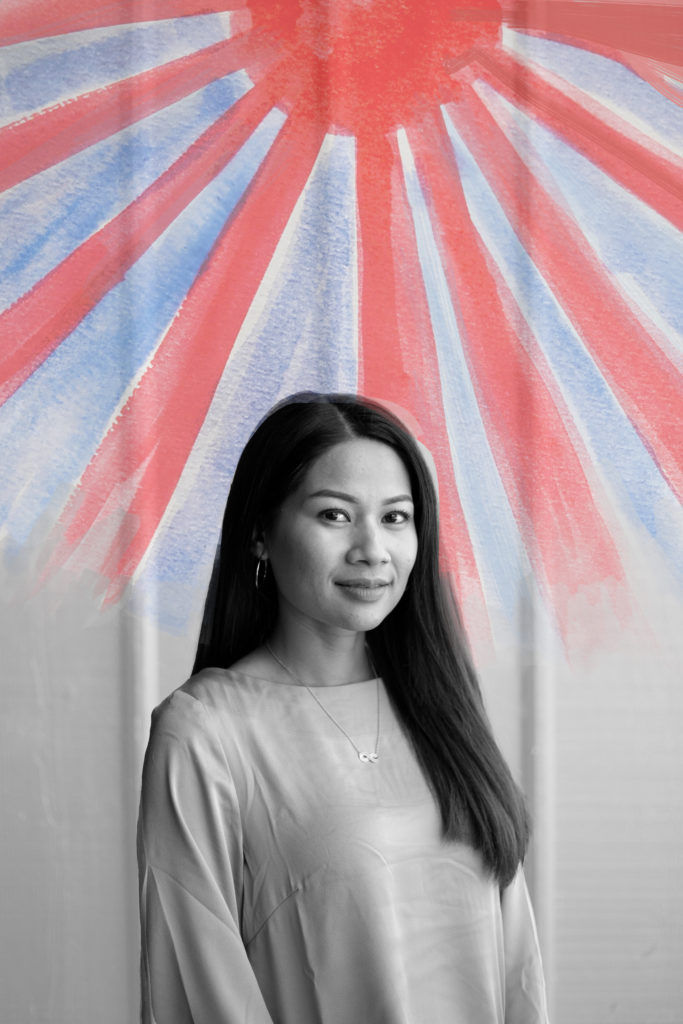
I came to Iowa right after high school. I wanted to be independent and know how to take care of myself. As a single mom, my mom provided for us, but I knew that eventually I would have to be on my own. And I would rather start doing it at a young age, so if things didn’t go right, I could still have a place to go back to.
Starting college was fearless for me. I never thought that I would be able to make it because of my language challenge. But DMACC was diverse. It wasn’t all white people. I had classmates from Vietnam and Somalia and a classmate who spoke Spanish. It made me feel more comfortable.
I worked at EMBARC for seven years while I went to school. I never had a break. It was work and school, work and school, work and school. I received my bachelor’s in social work from the University of Iowa in 2020 and now I’m working on my master’s in clinical mental health counseling.
Thirteen years ago I couldn’t speak any English. I never thought I would make it to college. I want to make a change in people’s lives. I know the challenge of not knowing the language, not being able to read mail, not knowing where you’re going to live or work. That’s motivated me to serve and help others.
